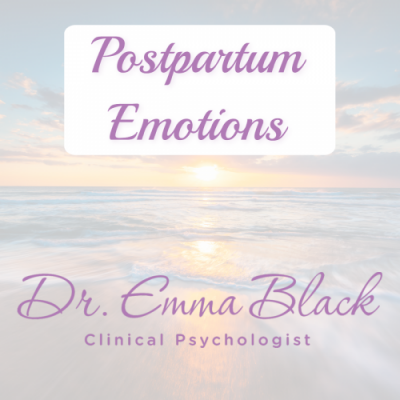After having a baby, women are typically more sensitive. Throw in the sleep deprivation on top, and it can seem that your emotions can reach new heights.
The deepest love.
The biggest worries.
The most incredible joy.
The highest irritations.
And grief, for what you’ve lost.
Women become more emotional and sensitive during pregnancy, which typically continues for the first year after birth. This is so your baby has a sensitive, responsive caregiver who can read what is happening for them. If you think about it, it is a beautiful thing for your baby.
However, when you’re living this as a mother it doesn’t always feel so beautiful when you don’t feel like yourself.
When your baby has been crying, and you just can’t settle them… (Am I failing as a mother?)
When your friend posts a happy snap on social media, and the comparison starts… (She has it together, and I don’t)
When your partner leaves a mess or makes more work for you somehow… (He doesn’t care!)
When you just desperately miss your old life or just wish you could have five minutes alone to yourself. To eat. To cry. To not be touched, talked to, or needed something from.
…And then you also have those moments when you melt into your baby’s smile, noises or words, and everything is beautiful again.
It can be a rollercoaster.
People will tell you it will pass with time. And yes, it will get easier with time.
But what about right now?
I made an online course to help you with the ‘right now’. (Because even getting help with a baby in tow can be too hard sometimes- let alone showering and getting dressed some days!)
Where all the postpartum emotions are covered, and how you can weather them. The mum guilt. The worry. The concern you’re failing. The stresses of early motherhood. Feeling inadequate. Missing your old life.
And where you also learn how to increase the positive feelings you can have in motherhood, with practical steps on how to feel happier in your day-to-day life. Building the connection and bond with your baby. Navigating some of the relationship challenges that cause problems. And building confidence in your caregiving style, so that you question yourself less.
It’s here.

